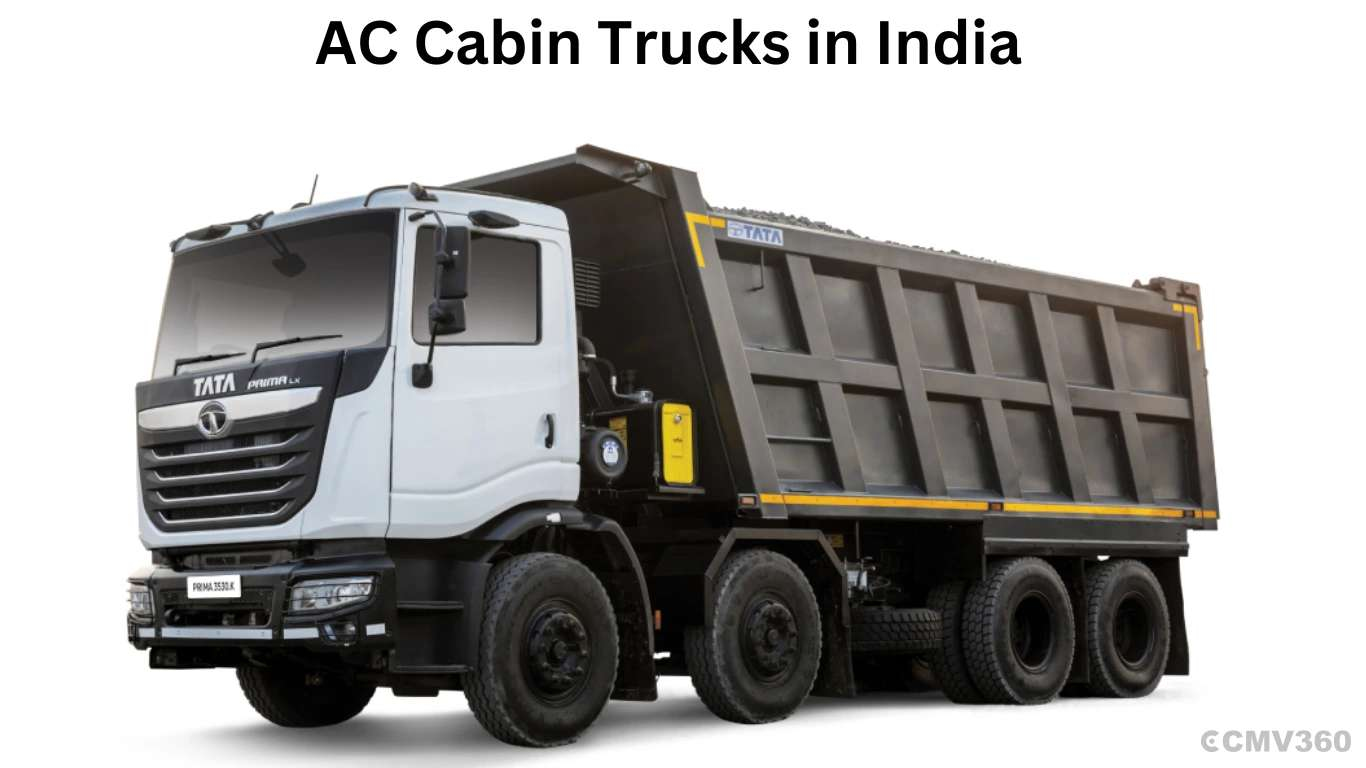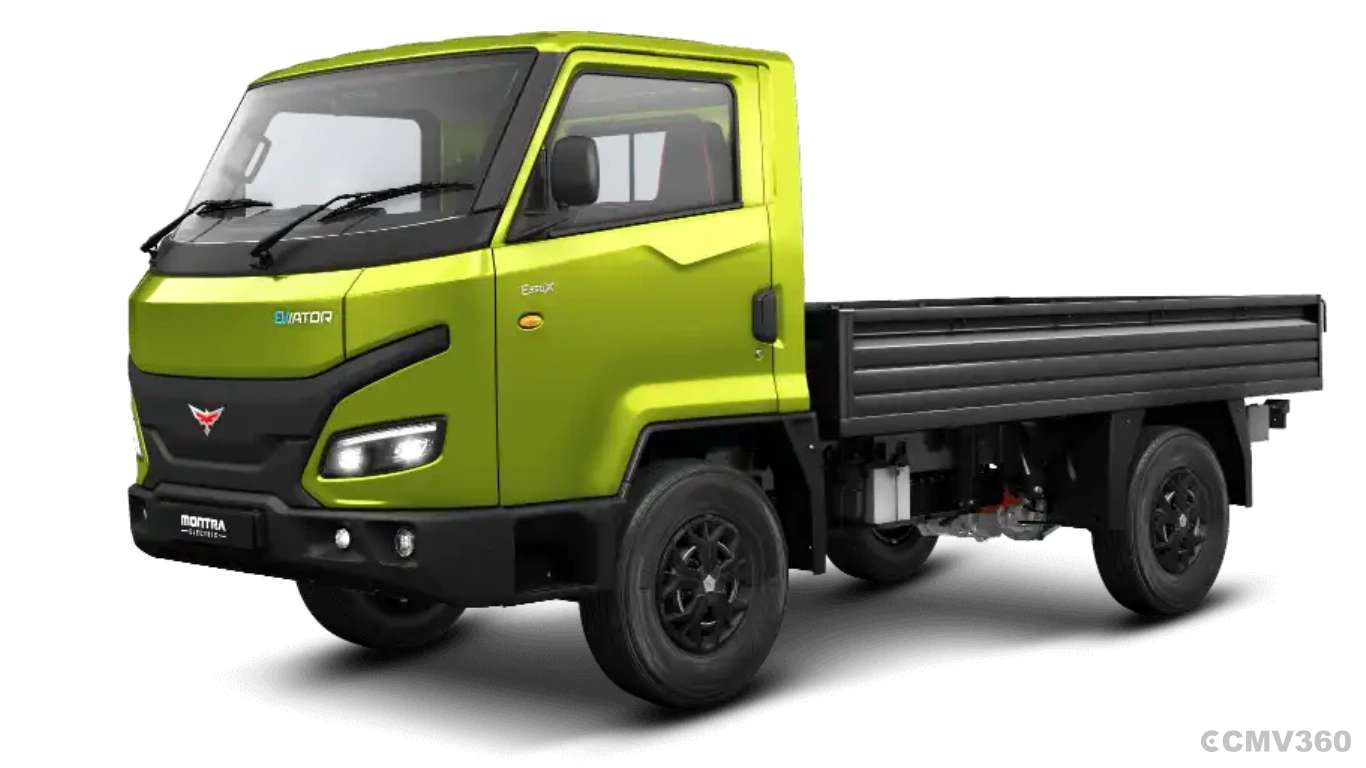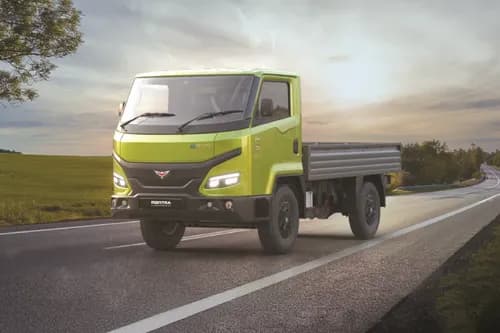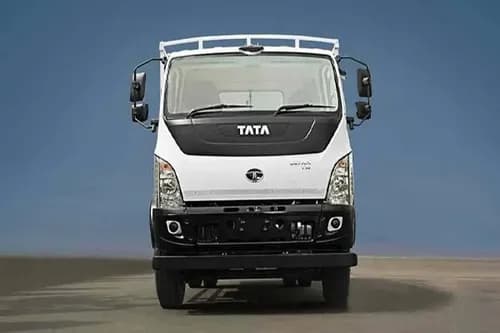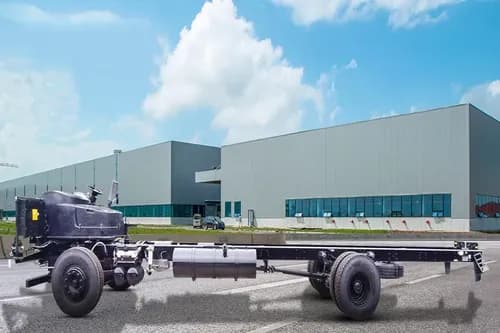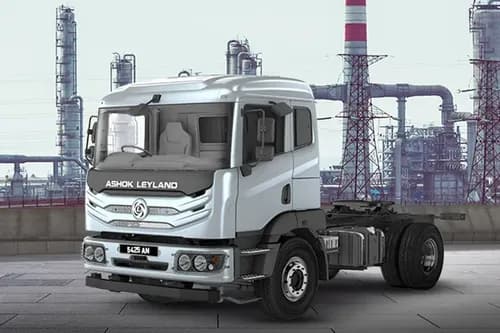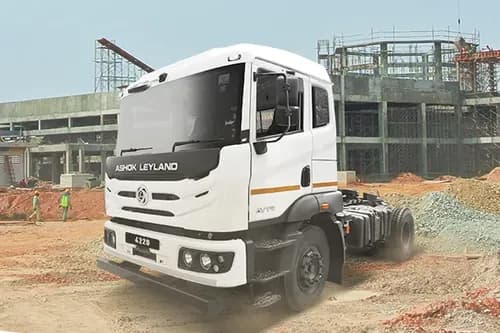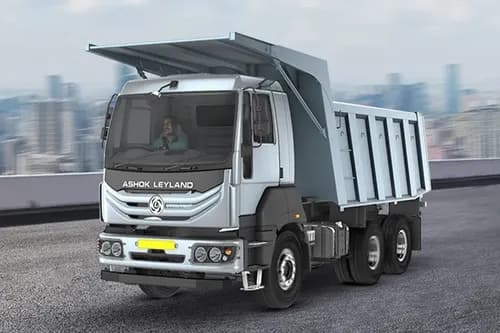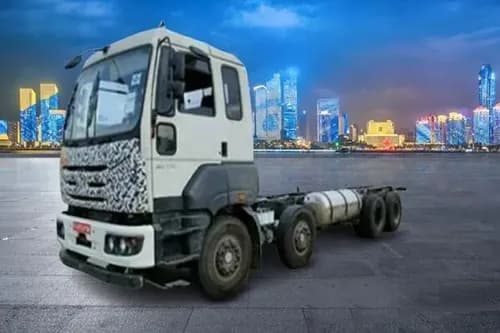Ad
Ad
Truck Chassis and Its Types: A Comprehensive Overview
The chassis houses all of the essential components that push the vehicle, direct its movement, stop it, and allow it to operate smoothly over uneven surfaces. In this article, we will go over the Chassis, its function, types, and frames, as well as their functions.

The chassis is the backbone of any vehicle, providing structural support and acting as the base for the entire vehicle. The skeleton combines all of the major components of the vehicle which includes the engine, transmission, suspension, and body. In this article, we will discuss about chassis and its functions and types.
What is a Chassis?
The term "chassis" is a French word that originally referred to the frame or basic framework of a vehicle. The chassis is the most critical component of a vehicle, although few people pay attention to it. The chassis houses all of the essential components that push the vehicle, direct its movement, stop it, and allow it to operate smoothly over uneven surfaces. It is also known as a carrying unit because all of the components, including the body, are mounted on it.
Functions of Chassis
The functions of the chassis are discussed below.
Body Weight Support
The chassis provides support to the engine, transmission, suspension, and other components of the truck. It distributes the weight evenly to all wheels. As a result, it will provide stability and balance to the vehicle. Brackets in the chassis frames assist in mounting various weights of components such as the engine, suspension leaf springs, braking shafts, and others.
Strength
The chassis provides the structural strength required to withstand various loads, shocks, and stresses encountered during vehicle operation.
Power and Control System Support
Mostly, the chassis frame is made of pressed steel. Pressed steel protects the truck's power and control system from engine vibrations. The chassis not only supports the power system (engine) of a vehicle but also separates the engine from road shocks.
Aerodynamic Design
The aerodynamic design of the truck chassis decreases the air-dragging force. It improves the truck's performance and production. The unique truck frames ensure stability while also contributing to a modern appearance. Furthermore, the aerodynamic design is affected by the type of chassis frames used.
Provide Smooth Ride
The chassis also contributes to the vehicle's handling and ride quality. It prevents flexing or twisting of the vehicle's body. The chassis consists of the suspension system, springs, shock absorbers, and axles. The suspension system aids in absorbing shocks and vibrations. It provides a smoother and more comfortable ride while also improving road handling.
Also Read: Top 5 12-Seater Tempo Travellers in India
Types of Truck Chassis
Different types of truck chassis are available in the automobile industry for various applications. Commercial vehicles Chassis are mainly divided into two types: conventional and non-conventional.
Conventional Chassis
It is also referred to as a non-load-carrying frame. This traditional chassis is constructed as a separate item and is linked with a ladder frame. This supports all systems such as the brake system, transmission system, suspension system, and so on. Heavy-duty trucks and SUVs typically use these chassis structures.
Loads on the vehicle are passed to the suspension system via the frame. In this, fuel consumption is higher as compared to Non-Conventional Chassis. This type of truck chassis is stronger and can carry more weight. It is easy to repair.
Non-Conventional Chassis
It is sometimes referred to as a frameless chassis or a unibody chassis. This chassis does not have a ladder frame; instead, the body serves as a frame. It also supports all of the vehicle's elements and components. These Chassis consume less fuel. It is difficult to repair. Luxury trucks use this type of chassis.
Types of chassis based on engine location
Full forward chassis
In this type of Chassis, the engine is installed inside the driver compartment or seats, like in cars and older Tata trucks. The driver's seat is separated from the front wheel in this configuration. As a result, the driver of the truck sits over the front wheels. The driver can see the road surface in front of the tyres with this engine configuration.
Semi forward
In this chassis, half of the engine is located in the driver's cabin, while the other half is located outside of the cabin. It improves the driver's visibility on the road.
Bus Chassis
The entire engine is housed in the driver compartment with this style of chassis. It increases the amount of floor space in the vehicle. The driver's seat is elevated above the front wheels, and he can see the entire front road from the front wheels.
Engine in front
Most vehicles have the engine mounted in the front of the chassis. The front wheels provide power. The engine can also be installed at the back of the chassis. This configuration does not necessitate a long propeller shaft. The gearbox and differential are merged into a single unit.
Engine at the centre
In this, the engine is installed in the middle of the chassis. This configuration makes use of the entire chassis floor. It is also known as Mid-engine chassis. The main benefit of this is it improves the wheel grip and provides greater aerodynamic efficiency.
Types of chassis based on Frame Types
Ladder Frame Chassis
Ladder frame chassis is one of the most traditional and common types used in commercial vehicles. Ladder frames are known for their load-bearing capacity and ability to handle rough terrains. It consists of two parallel longitudinal beams (rails) connected by cross-members, resembling a ladder. This design offers excellent strength and durability, making it suitable for heavy-duty trucks, buses, and SUVs.
Monocoque Chassis
Monocoque is a chassis design where the vehicle's body and frame are integrated into a single structure. It is also known as unibody. Monocoque chassis are lightweight and offer good fuel efficiency and handling but may have limited load-carrying capacity compared to ladder frames. This one is best for passenger cars and smaller commercial vehicles like vans and crossovers.
Backbone Frame Chassis
The backbone frame chassis has a single large, central beam running the length of the vehicle, which provides excellent strength and weight distribution. This design is commonly used in trucks and buses.
What do you understand by the term “frame”?
The frame is an essential component of the chassis. All of the chassis's remaining components are mounted on it. It is a rigid structure that serves as a skeleton, holding all of the components together.
The engine is attached to the clutch and gearbox unit to form the power assembly, which is fixed in the front end of the frame. The rear axle is joined to the frame at the back end through the rear spring. Some steering system components are bolted to the frame, while others are bolted to the body. The fuel tank is attached to the back of the frame.
Functions of the Frame
- Carry the weight of the vehicle and its passengers.
- It can endure engine and gearbox torque and thrust strains, as well as braking and acceleration torques.
- To resist centrifugal force while cornering.
- To withstand the bending and twisting caused by. As well as the rise and fall of the front and rear axles.
Also Read: 5 Commercial Vehicle Accessories for Improved Communication
Conclusion
The chassis is the structural component that supports the design and functionality of commercial vehicles. Different types of truck chassis offer different levels of strength, flexibility, and weight-carrying capacity to meet the specific needs of different industries and applications.
From heavy-duty trucks to compact delivery vans, many types of chassis are available to meet a variety of demands. Choosing the proper chassis design is important for improving a vehicle's performance, longevity, and safety.
Features & Articles
Summer Truck Maintenance Guide in India
This article provides a simple and easy-to-follow summer truck maintenance guide for Indian roads. These tips ensure that your truck remains reliable and efficient during...
04-Apr-25 01:18 PM
Read Full NewsAC Cabin Trucks in India 2025: Merits, Demerits, and Top 5 Models Explained
From 1st October 2025, all new medium and heavy trucks must have air-conditioned (AC) cabins. In this article, we will discuss why every truck should have an AC cabin, it...
25-Mar-25 07:19 AM
Read Full NewsBenefits of Buying Montra Eviator In India
Discover the benefits of buying the Montra Eviator electric LCV in India. With best performance, long range, and advanced features, it's perfect for city transport and la...
17-Mar-25 07:00 AM
Read Full NewsTop 10 Truck Spare Parts Every Owner Should Know
In this article, we discussed the top 10 important truck spare parts every owner should know to keep their truck running smoothly. ...
13-Mar-25 09:52 AM
Read Full NewsTop 5 Maintenance Tips for Buses in India 2025
Operating a bus in India or managing a fleet for your company? Discover the top 5 maintenance tips for buses in India to keep them in top condition, reducing downtime, an...
10-Mar-25 12:18 PM
Read Full NewsHow to Improve Electric Truck Battery Range: Tips & Tricks
In this article, we will explore several tips and tricks to improve the battery range of electric trucks in India....
05-Mar-25 10:37 AM
Read Full NewsAd
Ad
Registered Office Address
Delente Technologies Pvt. Ltd.
M3M Cosmopolitan, 12th Cosmopolitan,
Golf Course Ext Rd, Sector 66, Gurugram, Haryana
pincode - 122002
Join CMV360
Receive pricing updates, buying tips & more!
Follow Us
COMMERCIAL VEHICLE BUYING BECOMES EASY AT CMV360
CMV360 - is a leading commercial vehicle marketplace. We helps consumers to Buy, Finance, Insure and Service their commercial vehicles.
We bring great transparency on pricing, information and comparison of tractors, trucks, buses and three wheelers.

